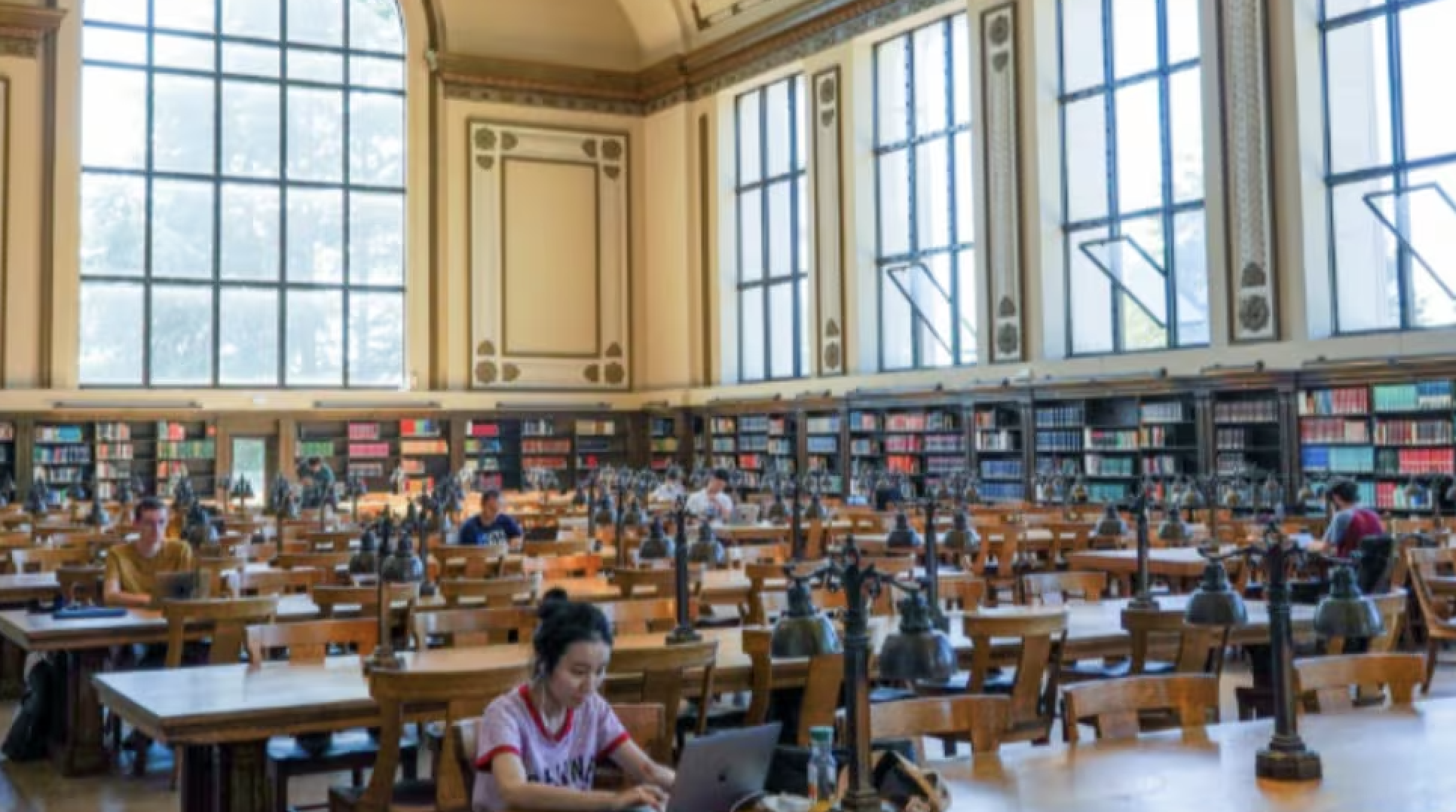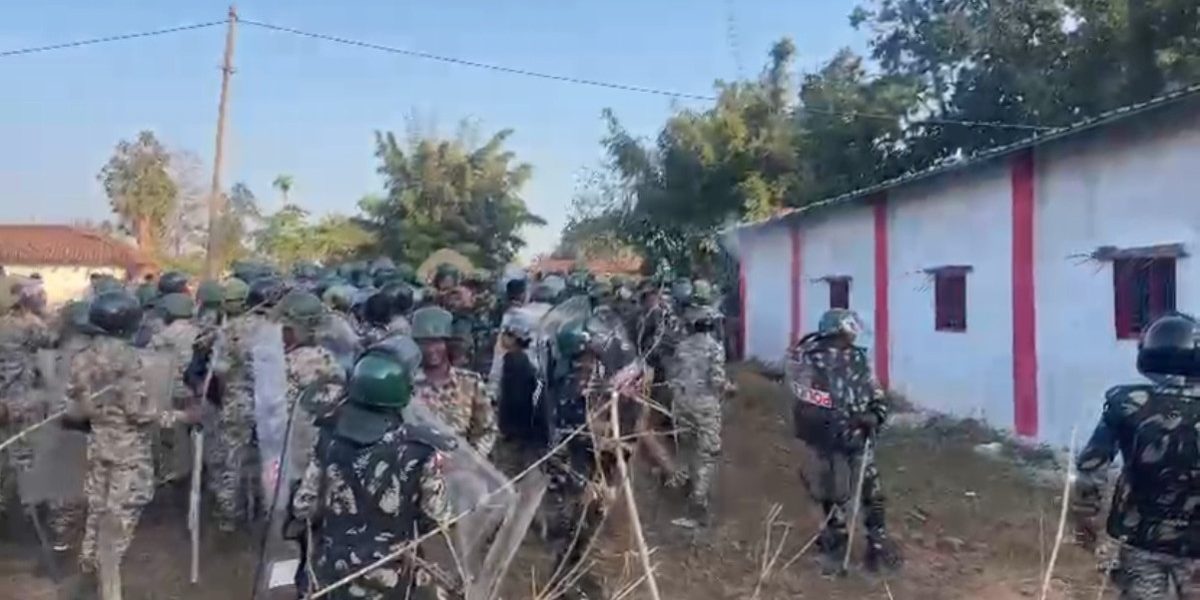
British Pakistani groups have accused social media giant Twitter of removing accounts that criticise India’s alleged human rights abuses in Kashmir.
Fahim Kayani, the head of Tehreek-e-Kashmir UK, said on Monday that social media is the one place where Kashmiris and others who suffer human rights abuses can raise awareness of their situation.
This is even more important now as world powers are too busy dealing with the global pandemic to pay much attention to politics, he added in a statement.
Kayani said well-known Twitter accounts such as Stand with Kashmir and Kashmir Civitas have been suspended. Now the Twitter account of Rehana Ali, Tehreek-e-Kashmir UK’s information secretary, has also been suspended, he added.
“Twitter needs to stop discriminating against Kashmiris as most of its IT staff is from India and their office is based there too,” Kayani said.
“It has been observed that many accounts are suspended without reason or notified [that] they have violated Twitter rules when that is not true.”
“Each Kashmiri you talk to has had one or more accounts suspended over the years but Indian accounts and groups which are working in an organised manner are still there using bots, openly harassing, abusing and trolling Kashmiris,” he said.
Kayani demanded that Twitter stop favouring Indian accounts over Kashmiri and Pakistani accounts.
‘Account wrongfully suspended’
Yahiya Akhtar, the director of Tehreek-e-Kashmir UK’s Kashmir Information Cell, said that Ali’s account was suspended on Pakistan’s Republic Day after being reported for spam and manipulation.
Akhtar said the allegations levelled against Ali are false, and that she was suspended because she is a high-profile member of Tehreek-e-Kashmir UK, as well as being a lecturer, lawyer, and human rights activist.
Worryingly, Akhtar said, she is also a journalist who runs the Voice4Kashmir Twitter account, which was also suspended, raising fears of freedom of speech and the press.
“Rehana’s work for Kashmir is outstanding,” Akhtar said. “She is not only highlighting atrocities but also the draconian laws imposed and applied which are applied with impunity by the Indian Armed Forces under Section 7 of Armed Forces (Jammu and Kashmir) Special Powers Act, 1990.”
‘The truth needs to be known’
Akhtar said that Ali’s work was high profile, and as such a threat to India, which has been known to seek to silence critical voices both on and offline.
He called on journalists, human rights activists, and Twitter users to campaign for Ali’s unsuspension as she had not violated any Twitter rules.
“She spoke the truth which we see all over social media,” he said. “The truth needs to be known if we believe in democracy and humanity.”
Ali said she was not warned that her personal and work accounts were being suspended.
Far from being a spam bot or using the platform for manipulative ends, Ali said her tweets contained “factual information on the draconian laws imposed in Indian occupied Jammu & Kashmir, which is a threat to India because it does not want the world to know.”
“For this reason, India imposed a media cut off with an illegal lockdown for more than 15 months, and so they suspended my account with false and baseless allegations,” she said.
Tehreek-e-Kashmir UK said that if Twitter fails to restore her account, she might take Twitter to court as she is a British citizen.
They would do so on the basis that Twitter has violated Article 10 of Humans Rights Act, which states that every individual is allowed to hold their own opinion – including on social media.
Disputed region
Kashmir is held by India and Pakistan in parts and claimed by both in full. A small sliver of Kashmir is also held by China.
Since they were partitioned in 1947, India and Pakistan have fought three wars – in 1948, 1965, and 1971 – two of them over Kashmir.
Some Kashmiri groups in Jammu and Kashmir have been fighting against Indian rule for independence, or unification with neighbouring Pakistan.
According to several human rights groups, thousands of people have been killed in the conflict in the region since 1989.
This story first appeared on trtworld.com





